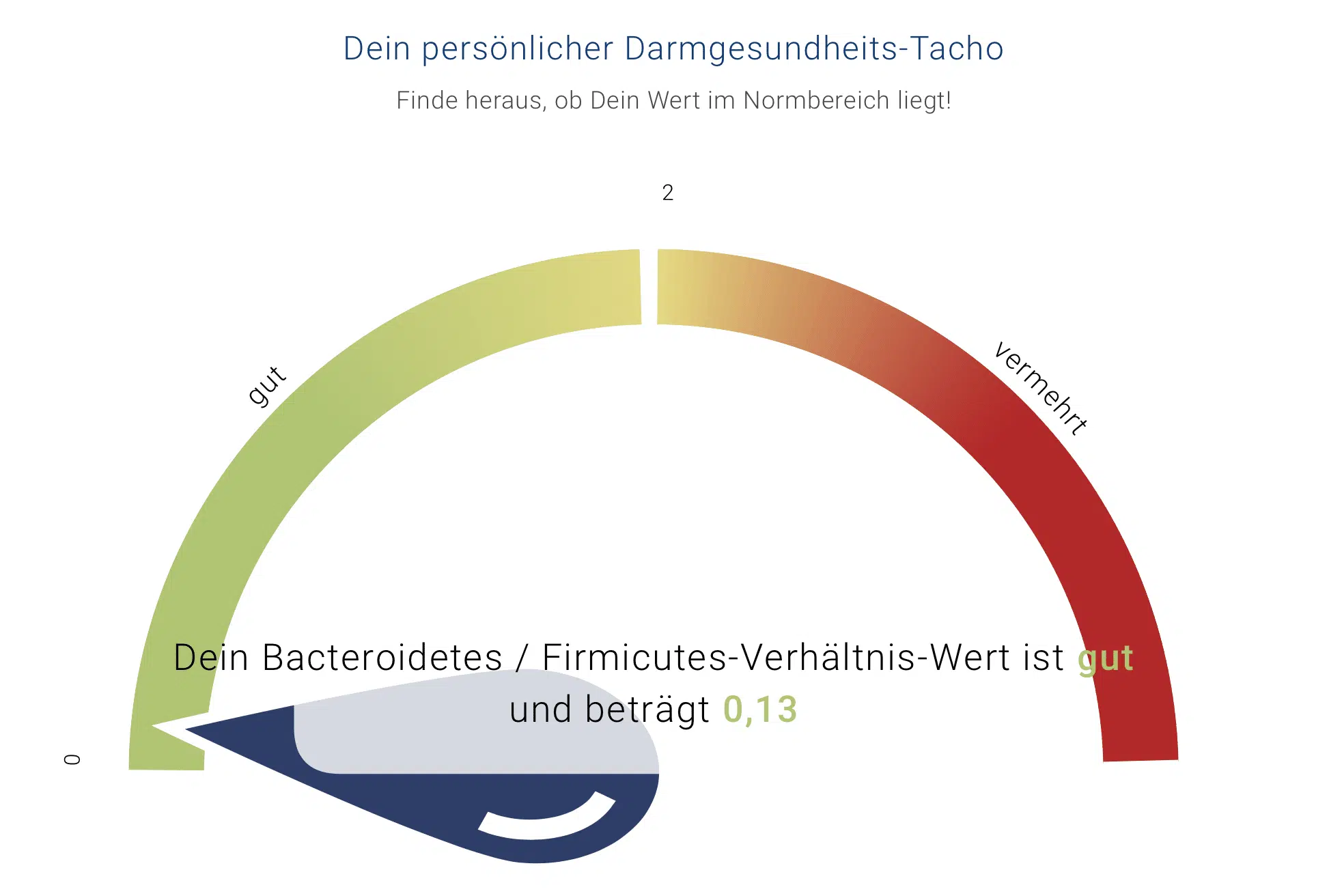[paid advert, because brand presentation and brand naming]
Especially with my medical history – Crohn’s disease, a chronic inflammatory bowel disease – I’ve always been interested in what condition my intestinal flora is. Due to the chronic inflammation and the accompanying symptoms such as diarrhea, vomiting, loss of appetite, the microbiota is quite affected. The permeability of the intestinal flora increases, nutrients can not be adequately absorbed and the variety of intestinal bacteria decreases. Intestinal bacteria are important for many functions in the body, including they can affect our immune system, appetite and thirst, even the weight, this is now evidence of many studies. In collaboration with “for you e-Health” I have dealt with the topics of microbiota, weight and intestinal tests and have dived deep into the current status for you.
How is the bacterial composition related to weight?
About 100 billion bacteria share our home with us, creating an ecosystem. Most bacteria among them belong to the four largest strains: Firmicutes, Actinobacteria, Proteobacteria and Bacteroidetes. The bacterial diversity is changed in overweight, this especially applies to two strains. The strain of Firmicutes is increased, whereas the strain of Bacteroidetes is reduced. The shift in composition is called dysbiosis. The question of the causality or whether the change in the intestinal flora is a cause or rather a consequence remains currently unclear.
But why do some people gain more or less weight, even though they basically eat the same?
The mechanism behind that is as follows: The intestinal bacteria use food, especially fiber, as a substrate. Certain intestinal bacteria thus produce certain metabolic products during the digestive process. The Firmicutes strain causes both starch and polysaccharides to be increasingly cleaved by enzymes, which give obese people more energy from food, so they are very good recyclers. As a result, you consume more calories than people with normal weight – up to 200 calories a day more. If you project this, it can be up to 10 kg difference in the year.
Which further mechanisms do the intestinal bacteria influence?
Our intestinal cells together with the bacteria produce hormones, including those responsible for saturation hormones. This allows the intestinal bacteria to control our appetite for food, even unhealthy ones. The influence of our bacteria and their composition is enormous, especially when it comes to the storage of body fat, food cravings and the intake of calories. Therefore, I find it interesting and also important to occasionally take a look at the constitution of the intestinal flora and actually have a microbiota analysis carried out.
Are microbiota analyses useful?
Some laboratories and manufacturers offer intestinal tests that analyze stool samples and thus the intestinal flora. However, the tests are only offered in rare cases by doctors, because the high costs are unfortunately not covered by health insurance. In addition, research is still relatively early in order to be able to make more precise statements about the relationship between diseases and microbiota. Also, the microbiota is influenced by short-term fluctuations, for example, due to drug intake, travel or short-term food changes. This should always be kept in mind before starting a gut analysis. However, the results of the analysis may be useful for dietary and lifestyle recommendations.
What exactly can I investigate with a microbiota analysis?
For you e-Health offers a variety of affordable stool tests, for example, to analyze the general intestinal health status, the intestinal fungus or the slim index of your intestine. For a full overview and costs you better inform yourself directly on their website. The great thing about it is that you can do everything easily from home. You do not have to run to the doctor and the tests are runned by a certified lab. Afterwards, the results are available online in a clear and understandable way. Based on that, you will also be given diet recommendations. Everything from one source, beautifully designed and explained.
How did my results go and what is my opinion?
I have chosen a stool test that analyzes the intestinal slim index. Unfortunately, I had to wait a few weeks before starting the test because I recently had a colonoscopy. Because of this procedure, the intestinal microbiota may change for a short time and it must recover from the procedure for at least 4 weeks. Therefore, I really recommend: Before you invest in the test, take care that you do not perform it directly after an antibiotic treatment, a journey or a time-limited diet (e.g. fasting).
In my opinion, I liked the test and the overall handling pleasant, especially compared to the stressful and time limited doctor’s appointment. I was able to look at all results carefully and read through the appropriate dietary recommendations. This gives you a better understanding of the topic. The results are stored in your personal customer account and can be viewed at any time. How often does it happen that the doctor only briefly taps the results of a test? Then there is a prescription for the pharmacy and that’s basically it.
I must confess that I was relieved when I saw my results. The Bacteroidetes Firmicutes ratio is within the normal range. Next time I would decide for the intestinal health status. The test is a bit more expensive, but with it you have the opportunity to clarify the entire range and status, and not just the Bacteroidetes and Firmicutes strains.
About me

Hello, my name is Dominika!
I am a nutritionist and I am specialized in the field of intestinal health.
Follow me
Newsletter
Frequently asked questions
Cabbage, beans or fiber are bloating. Is there anything I can do against it?
A varied diet is important, including healthy fats. These relieve the intestine, by ensuring that the food lingers longer in the stomach. Therefore always combine the meals with vegetable fats. But watch out – also the amount is important. Furthermore, frozen cabbage or beans are bloating less.
I have no identified intolerances. Why do I still not tolerate fresh dairy products or fiber-rich foods?
Fresh dairy products contain higher levels of probiotics than usual, so they can briefly lead to lactose intolerance-like symptoms. The same is true for fiber-rich foods containing prebiotics. The intestine simply has to get used to the new population. Initially, you can relieve your stomach with a combination of vegetables and vegetable oils (such as linseed oil).
Cabbage, beans or fiber are bloating. Is there anything I can do against it?
A varied diet is important, including healthy fats. These relieve the intestine, by ensuring that the food lingers longer in the stomach. Therefore always combine the meals with vegetable fats. But watch out – also the amount is important. Furthermore, frozen cabbage or beans are bloating less.
You may like these posts too
Folge mir auf
Datenschutz | AGB | Impressum | Kontakt




